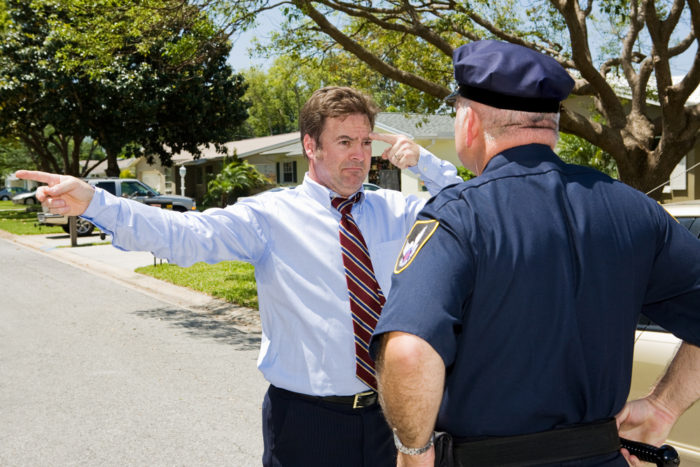Sobriety Testing: What to Expect

Law enforcement in New Jersey has really started to crack down on drunk driving in recent years, partly in response to a rise in the number of fatal DWI accidents on NJ roads and highways. This DWI crackdown involves plenty of DWI checkpoints and traffic stops of any drivers who appear to be swerving on the roadway or committing minor traffic violations.
If you are stopped while driving and the officer suspects that you may be intoxicated, it is possible that you will be asked to take a field sobriety test. The problem is that field sobriety test results are notorious for being highly inaccurate. This is true of even the most widely used sobriety tests in New Jersey.
The standard field sobriety tests administered by NJ police officers are:
- Horizontal Gaze Nystagmus (HGN) test: The officer will move a penlight around and ask you to follow its movement with your eyes. If you “fail” the HGN test, the police officer may then have probable cause to investigate further.
- Walk-and-Turn test: The officer will ask you to walk in a perfectly straight line, turn around, and then walk along the line in the opposite direction. If you fail to maintain your balance while doing so, or if you appear to be relying too heavily on your arms to stay upright, you can be arrested and charged with Driving While Intoxicated (DWI).
- One-Leg-Stand test: The officer will ask you to lift one leg off the ground and count numbers out loud. If you are unable to do so, you may be placed under arrest.
Your Legal Right to Refuse Field Sobriety Testing in NJ
You have certain legal rights, which means that police cannot force you to take a roadside sobriety test. These tests are voluntary. If you do not want to submit to sobriety testing, you can advise the officer that you do not consent to the field tests. Although refusing to submit to breath testing in New Jersey can lead to additional charges for Refusal, there is no legal requirement that you submit to field sobriety testing.
Moreover, it is important to know that NJ law enforcement officers do not always have the right to detain you for sobriety testing. If the patrol officer who pulled you over did not have reasonable suspicion that you were intoxicated, they were not legally allowed to ask you to perform a sobriety test.
The reality is that you can still be arrested and charged with a DWI even if you do not agree to take, and then subsequently take and fail, a field sobriety test. That’s because New Jersey police officers can arrest you for drunk driving based on their own observations, which may include detecting the odor of alcohol on your breath or noticing that you are short of breath or are struggling to speak coherently.
Even if the police violate your legal rights and arrest you without justification, you are still going to need a lawyer to argue on your behalf in order defend you against your DWI charges. You should have a knowledgeable DWI defense attorney look over the details of your arrest, including the circumstances of your traffic stop. It may be possible for an attorney to challenge the officer’s probable cause for pulling you over in the first place and get the sobriety test results ruled inadmissible as evidence at trial.
If you have been charged with a DWI offense in New Jersey, your driver’s license could be suspended. That’s why you should hire a qualified DWI and traffic defense attorney. The experienced DWI defense lawyers at Bramnick, Rodriguez, Grabas, Arnold & Mangan, LLC can help you fight your charges and keep your license. Contact us now to schedule a free initial consultation.

